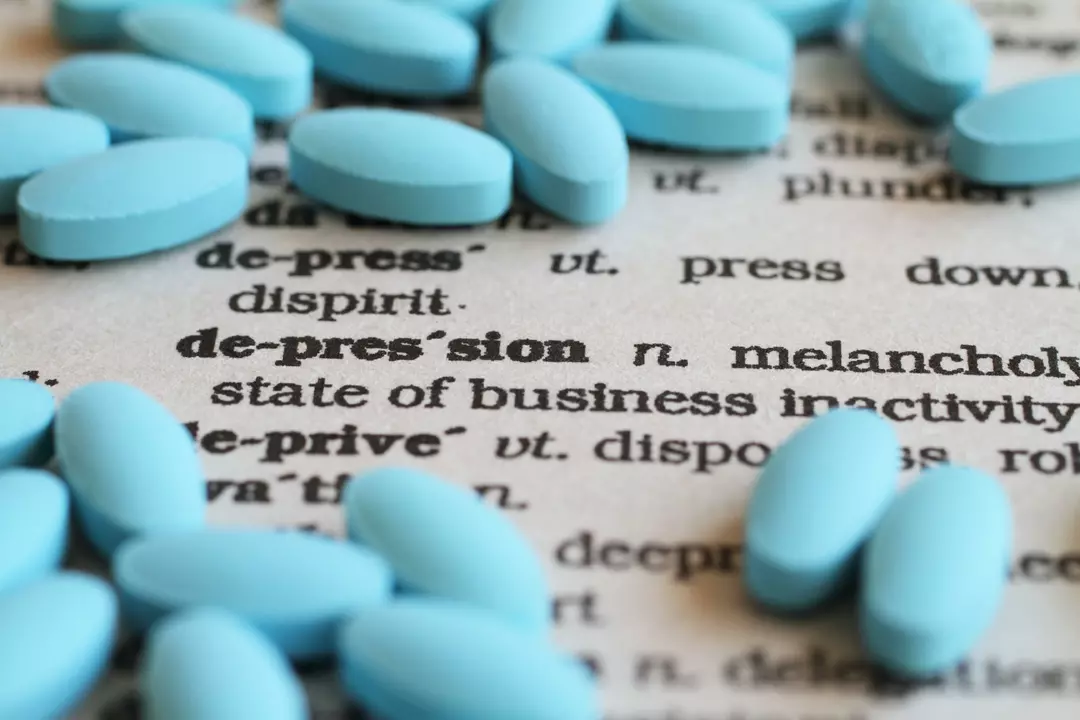Depression Treatment: Real‑World Tips You Can Start Using Now
If you or someone you know is dealing with depression, the first step is to stop guessing and get straight answers. Below are simple actions that work right away, plus a quick look at the most common medicines people use.
Quick Lifestyle Moves That Boost Mood
Exercise isn’t just for fitness buffs; even a 10‑minute walk can lift serotonin levels. Try to move outside each day – fresh air helps break the mental fog.
Sleep matters more than you think. Aim for 7–9 hours, and keep a regular bedtime routine. Turn off screens at least an hour before bed and use a dim lamp if you need light.
Nutrition plays a quiet but steady role. Foods rich in omega‑3 (like salmon or walnuts) and vitamin D (sunlight, fortified milk) have been linked to better mood. Swap sugary snacks for fruit, nuts, or whole grains whenever possible.
Medication Basics: What’s Available and How They Work
Antidepressants come in several families. SSRIs (e.g., fluoxetine, sertraline) increase serotonin and are often the first choice because they have fewer side effects. If an SSRI doesn’t help after 4‑6 weeks, doctors may try an SNRI (like venlafaxine) that also raises norepinephrine.
For tougher cases, atypical agents such as bupropion or mirtazapine can be added. Bupropion works on dopamine and can help with energy loss, while mirtazapine is useful when sleep problems dominate.
The tag also includes articles about medications that are sometimes used off‑label for depression. For example, Abilify (aripiprazole) is an antipsychotic that many doctors add to an antidepressant when symptoms linger. It can improve mood without a big increase in weight.
When you start any pill, expect a short adjustment period. Side effects like nausea or mild headache often fade within two weeks. Keep a symptom journal – note how you feel each day and share it with your prescriber. This makes dosage tweaks faster and safer.
If you’re worried about cost, check out reputable online pharmacies that follow UK regulations. Many sites list price comparisons for generic versions of popular drugs (e.g., generic sertraline). Always verify the pharmacy’s license before buying.
Therapy works best alongside medication. Cognitive‑behavioral therapy (CBT) teaches you how to spot negative thoughts and replace them with realistic ones. Even a few sessions can teach skills you keep for life.
Support networks matter too. Talk openly with trusted friends or family, join a local depression support group, or use moderated online forums. Knowing you’re not alone reduces isolation, which fuels low mood.
Finally, remember that treatment is personal. What helps one person may not suit another, so stay flexible and keep communicating with your healthcare team. With the right mix of lifestyle changes, medication, and professional support, most people see steady improvement within a few months.
Explore how genetic testing can help pick better alternatives to Wellbutrin by matching antidepressants to your DNA, making depression treatment more personal and effective.
In my recent blog post, I delved into a comprehensive comparison between Clomipramine and other antidepressants. I discovered that Clomipramine, a tricyclic antidepressant (TCA), is primarily used to treat obsessive-compulsive disorder (OCD) but also has proven effective for depression and anxiety. When compared to selective serotonin reuptake inhibitors (SSRIs) and serotonin-norepinephrine reuptake inhibitors (SNRIs), Clomipramine tends to have more side effects but can be more effective for certain individuals. It's important to consult with a healthcare professional to determine the best course of treatment. Overall, it's fascinating to see how different antidepressants can impact individuals differently, and I encourage you to read the full blog post for a more in-depth analysis.



 Medications
Medications